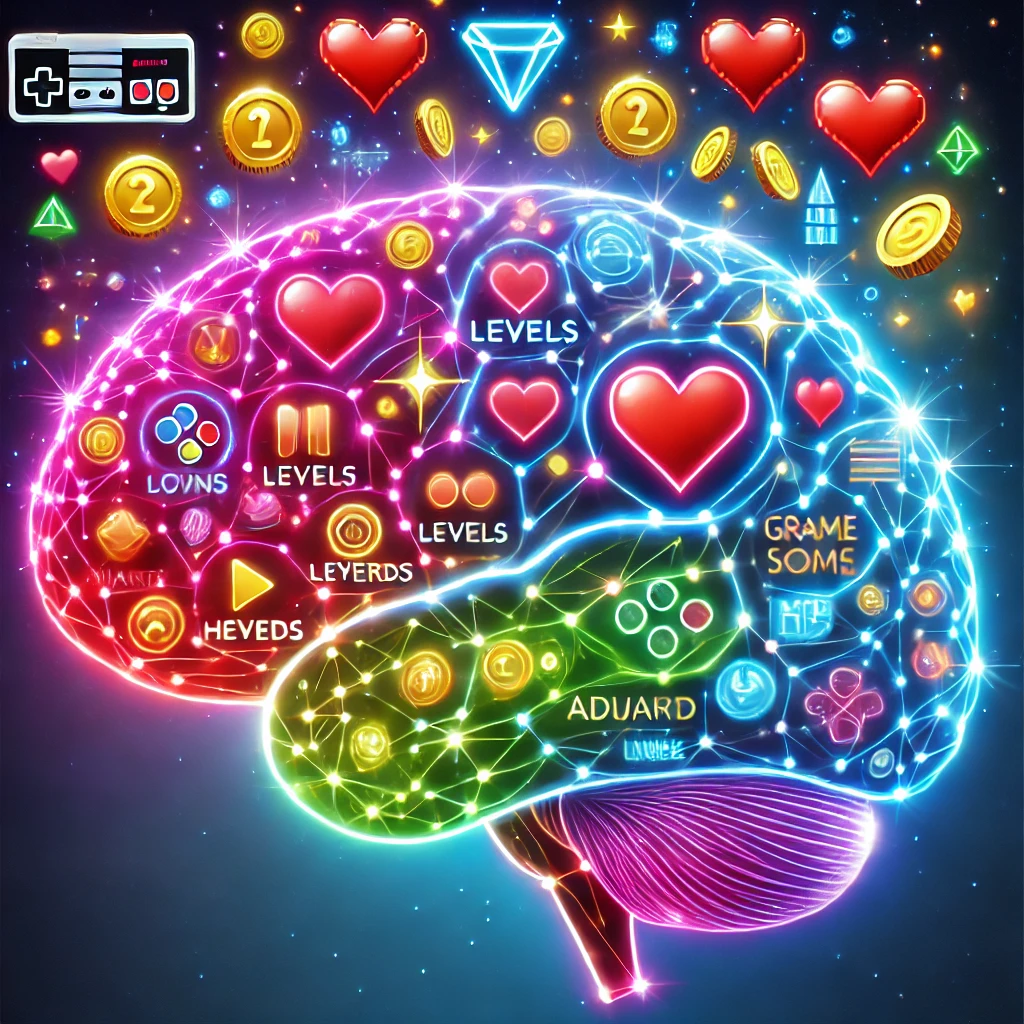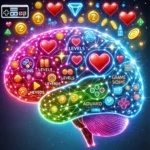Why do we play “just one more round” even when it’s midnight? Why does beating a level feel so satisfying? The answer lies in the deep connection between gaming and human psychology.
Games are carefully crafted to keep us engaged — and once you understand how, you can play more consciously.
🎯 The Brain’s Reward System
Games activate the dopamine system — the brain’s pleasure pathway. Whether it’s unlocking a new ability, finding rare loot, or winning a match, your brain receives a mini-reward that keeps you coming back.
- Achievements = small dopamine hits
- Progress bars = visual satisfaction
- Loot systems = random rewards trigger excitement
This loop of anticipation and reward mirrors patterns seen in gambling and social media — it’s powerful.
🧩 Why Games Are So Immersive
Game design uses:
- Variable rewards (you never know when the next big drop hits)
- Clear goals (quests, missions, XP systems)
- Progression mechanics that make you feel growth
Many games also offer escapism, giving you control, feedback, and identity — things the real world doesn’t always provide.
💡 How to Stay in Control
- Set personal gaming intentions
- Play for fulfillment, not escape
- Recognize when fun becomes compulsion
Gaming is a brilliant, rich experience — just make sure it’s one you’re driving, not one that’s driving you.




